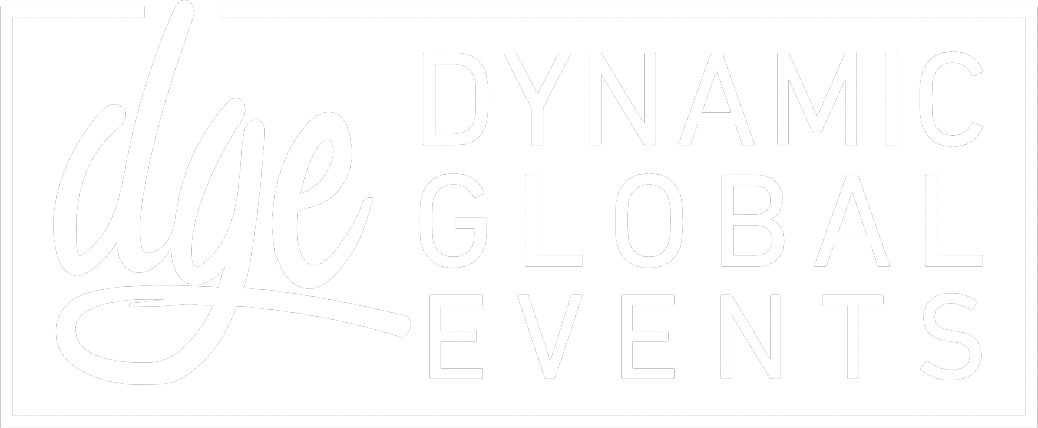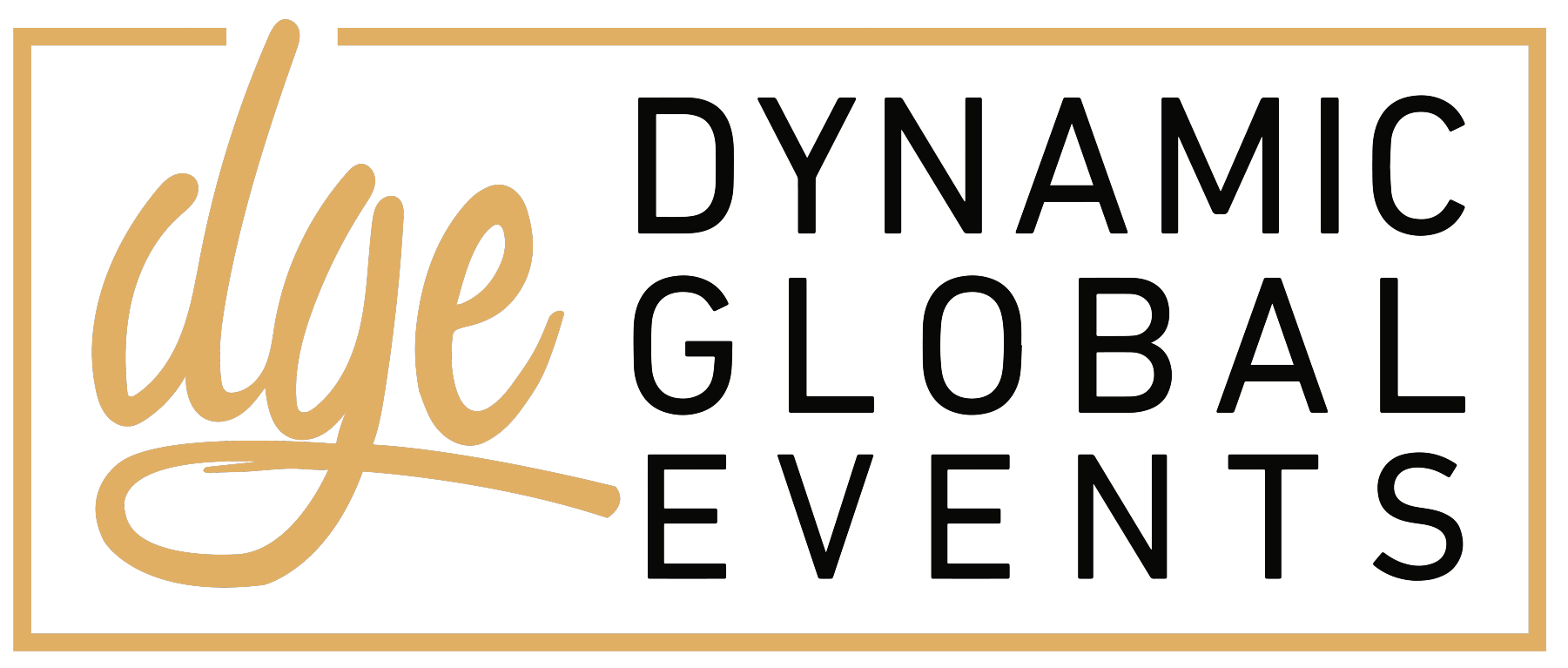Seasoned professionals will align the most effective medical writing strategies for regulatory submissions, publication planning and research documentation and discuss effective ways to improve the quality of submissions. Learn effective communication strategies to build a successful medical writing team, an essential part of the success of any project. This Medical Writing conference will teach you the skills to create structured content while writing under extreme pressure.
This conference will explore regulatory and publications from the top industry experts and discuss digital medical writing tools. Leverage your knowledge of publishing to demonstrate value and build customer loyalty. Take an in-depth look to improve medical writing methods to meet the deadline-driven environment and discover new insight into best practices.
Join the only Medical Writing conference that gives you the most exposure time in front of subject matter experts and top decision-makers who are looking for solutions to improve capabilities that support medical writing!
Connect with industry leaders, expand your network, and benefit from exclusive access to industry updates. Discover new opportunities in a seamless, interactive learning environment. Elevate your experience with us!
Maximize your brand's impact and visibility by becoming a valued sponsor. Shape the future of life sciences, connect with other industry leaders, and showcase your commitment to innovation. Elevate your presence - sponsor this conference and be at the forefront of advancements in science and technology.
Hit your networking target. Connect with the right professionals to amplify your event connections
Discover networking opportunities to interact, engage, and build valuable connections
After the event, all approved presentations are made available exclusively to our valued attendees.*Conditions may apply*
Immerse yourself in a dynamic, vibrant conference experience while unlocking new opportunities with life sciences' key decision makers
Influence conference content and conversation! Submit your question below.
Stay up to date on the latest announcements












